AI-Powered Finance and Accounting Platforms: Revolutionizing Financial Management
Efficient management of finance has now become imperative in today’s fast-moving business world, where success needs to be long-lasting. However, in financial management instances, keeping track of all the expenses and forecasting the growth for future concerns can be pretty overwhelming, especially for small businesses and startups. That’s where AI-powered finance and accounting platforms fill the gap. In fact, such platforms offer comprehensive finance and accounting solutions by automating many of the traditional tasks. These also enhance efficiency, maximize operational output, and develop higher decision-making capabilities through data insight availability in real time. How does a CFO service-providing platform work? What kind of services does it provide? What are CFO-level insights? This blog will explain it all.
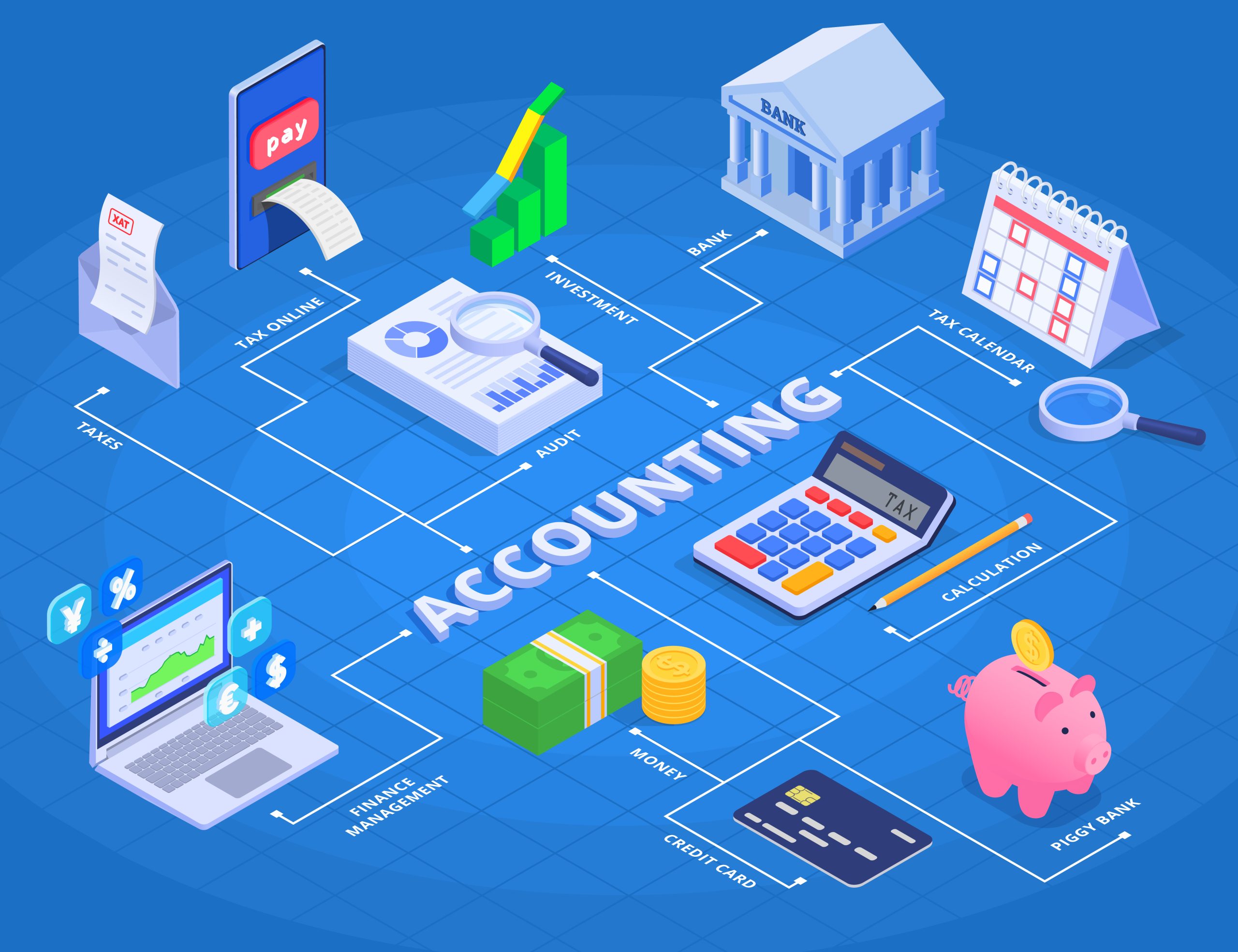
What Are AI-Powered Finance and Accounting Platforms?
AI-powered accounting and financial platforms are a class of Web-based solutions using AI to automate financial activities around bookkeeping, invoicing, expense tracking, and financial reporting. This technology contrasts with the classic systems of accounting software in bringing in the power of machine learning and data analytics to create sophisticated solutions with minimal human error, great accuracy, and strong development of insight into the financial health of a company.
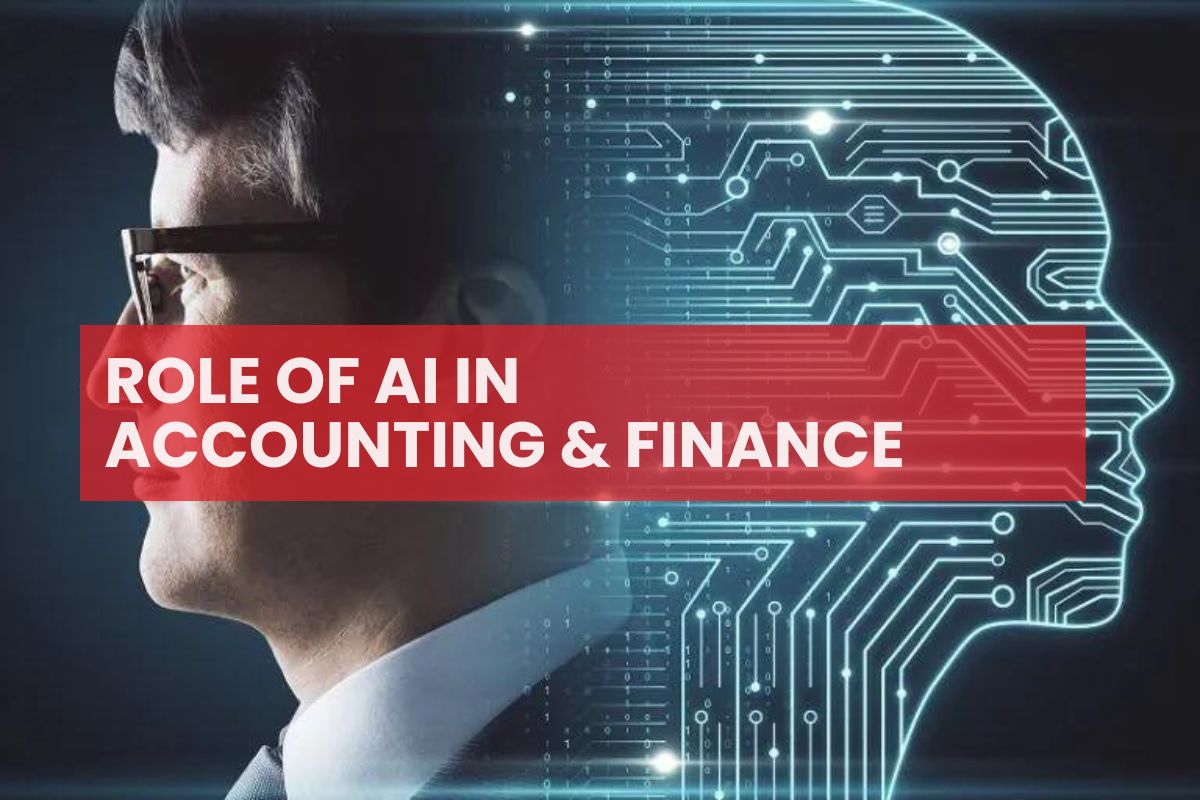
How AI-Powered Finance and Accounting Platforms Work
In general, the AI-powered systems integrate with an organization’s pre-existing financial system that constitutes bank accounts, payroll systems, and expense management software. Large volumes of financial data are translated into real-time insights that inform business decisions. Salient features include:
Automating tasks that require much drudgery-for example, data entry, bank statement reconciliation, and preparation of finance-related reports-releases a business from over-investing in time and effort. This way, financial teams of companies are able to pay more attention to their work in a strategic direction and not get bogged down with administration.
Predictive analytics: AI platforms use machine learning capabilities in the extraction of historical financial data, further helping in predicting future trends. This helps the business with financial forecasting by offering a more realistic view in terms of cash flow, revenue, and expenses.
Real-time Dashboards: Most of these platforms also provide real-time financial dashboards to allow an overview of the business in terms of financial position. The revenues, expenses, and profit margins can thus be conveniently observed by the users.
AI-driven insights probably feature among the commanding aspects of any AI platform. The insight forms a lifeline for businesses in the nature of investment decisions, cutting costs, and therefore opening up opportunities for growth.
Services Offered by AI-Powered Finance and Accounting Platforms
Some areas of financial management which AI-powered platforms provide include, but are not limited to:

1. Bookkeeping
Generally speaking, bookkeeping tends to take quite some time for any business. This process is going to be seamless with AI-powered platforms. It categorizes transactions, reconciles accounts, and updates books with no human intervention. This has made it quite accurate, while reducing the possibilities of errors in financial reporting.

2. CFO Services
CFO services involve high-order management and strategy formulation of finances. More recently, AI platforms provide CFO services that enable businesses, especially startups, to have fractional CFO services. Typically, a fractional CFO is an extremely qualified financial professional who works on a part-time or project basis to provide strategic financial leadership when the business cannot afford or justify the hiring of a full-time position for such a role. AI platforms enhance such services by providing high-order analytics, financial modeling, and scenario planning.

3. Financial Planning and Forecasting
Other important business benefits of AI platforms are that they show up in financial planning. The platform would look into past data on financial performance and at the same time consider the current market trends in order to make an educated forecast of future revenues, expenses, and cash flows. This enables the business to plan for growth by efficiently allocating resources, and to limit risks associated with financial uncertainties.
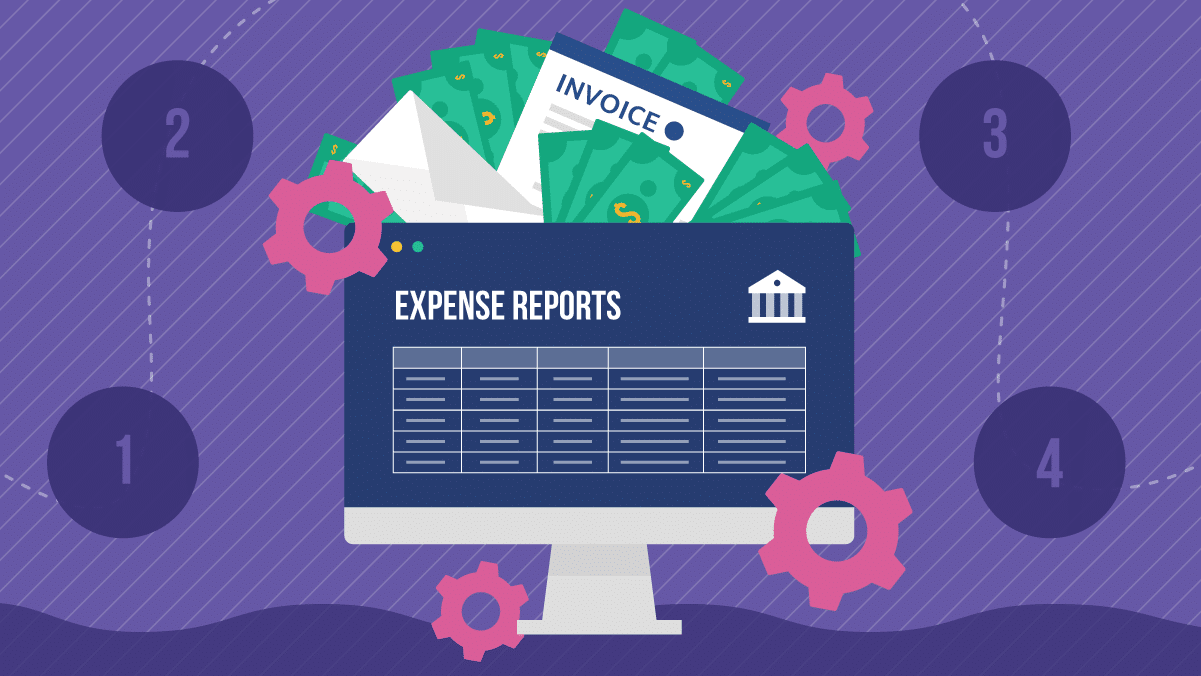
4. Expense Management
This AI-driven online platform comes with easy business expense tracking, uploads of receipts, linkage of credit cards and bank accounts for real-time monitoring. The expenses on this platform automatically categorize and track. One can now manage and keep track of his or her expenses.

5. Payroll Processing
Full-cycle payroll automation powered by an AI-driven platform ensures timely and correct compensations. Taxes, deductions, benefits computed for payroll purposes all are automated; hence, human errors and possible non-compliance with the law are reduced.
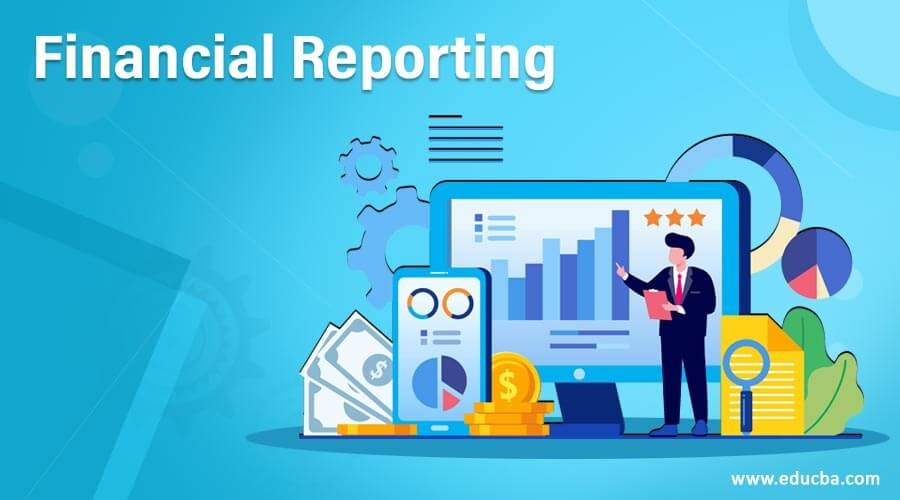
6. Financial Reporting
Financial reporting lies at the heart of most decision-making processes. AI platforms ensure lengthy financial reports, including but not limited to income statements, balance sheets, and cash flow statements, are potentially prepared with just a few clicks. More importantly, these reports will be prepared not only with a high degree of accuracy but in real time to give business leaders the most current information.

What Is CFO-Level?
CFO Level refers to the depth in terms of financial leadership that a company gets from an officer typically called the Chief Financial Officer. A CFO is supposed to oversee the financial operations of a company, maintain the budget of the company, and keep it in good shape on the financial front. More importantly, he takes part in the implementation of the business strategy and enables a company to deal with complex financial issues amply that ensure long-term profitability.
Responsibilities of a CFO
Other responsibilities undertaken by the CFO include oversight of financial planning and analysis, cash flow management, capital structure optimization, and growth opportunity identification. They ensure the company complies with all financial regulations and liaise with other executives so that financial goals are in line with the overall objectives of the business.

CFO-Level Insights
AI platforms finally make CFO-level insights real: the deep strategic financial guidance provided by full-time Chief Financial Officers. Examples of such insights include:
Cash Flow Projections: The close-to-accurate forecasting of cash flow, for surety that the businesses can meet their obligations, both short-term and long-term.
Investment Strategies: Identifying where one should invest his or her capital for maximum return but at low risk.
Scenario Analysis: The modeling of various financial outcomes against different market conditions or business choices, done to help businesses prepare for uncertainty.
Cost Optimization: Advising on ways to reduce expenditures and improve profitability.
It is through such CFO-level insights that AI platforms actually enable business leaders who have no full-time, in-house CFO to make more informed decisions.
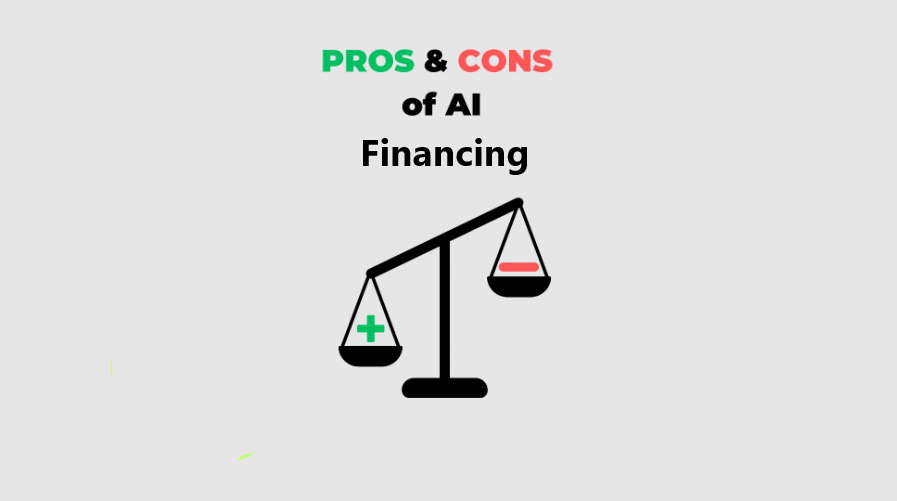
Pros and Cons of AI-Powered Finance and Accounting Platforms
Pros Automation: Daily mundane tasks automation saves a lot of time and also reduces the scope of errors.
More Economical: Most of the AI platforms come cheaper compared to hiring a full-time CFO or a finance team.
Real Time Insights: It avails businesses with real-time data and insights to make quick as well as informed decisions.
Scalability: As the business grows, the financial complexity grows. This is something where AI platforms can scale up with much ease.
CFO for small business: Fractional CFO services bring the very best in financial expertise to small businesses and startups without the cost of a full-time CFO.
Cons
Implementation Time: Implementation of any AI-powered finance platform does take effort and time.
Learning Curve: It may take some time to get used to the new platform and all the features it offers by business owners.
Data Security: Financial data requires a good cybersecurity system to be stored in cloud storage.
Technology Addiction: A failure or disruption of the platform disrupts the financial management.
Conclusion
Artificial Intelligence-driven finance and accounting platforms raise the stakes in corporate finance. Be it smooth automation of bookkeeping, financial planning, and forecasting to drive business growth, organizations can be assured this is the case. From fractional CFO services to cash flow optimization, tap into the insights in real-time available to larger firms keeping finance in-house.
Therefore, for businesses that want to introduce more value to their finance management capabilities without the expense of a full-time CFO, AI platforms are becoming the high-value solution. Indeed, AI-powered platforms have begun to be irreplaceable in today’s competitive business environment, for those provide everything from granular insights and routine task automation to powering a business’s financial planning. Whether you’re a startup or an ever-growing company, the use of an AI-powered finance platform may well provide the key you need to unlock just that-increased financial stability and a path toward growth.

Leave a Reply